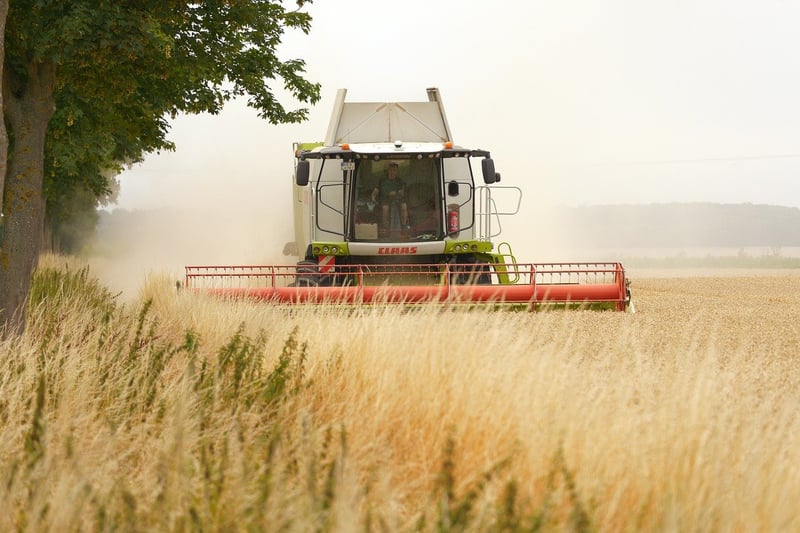Urban Farming
The Rise of Collaborative Gardening Initiatives and Urban Farming
In recent years, there has been a growing trend towards collaborative gardening initiatives and urban farming projects in many communities. These movements are not only about growing fresh produce but also about fostering a sense of community, promoting sustainability, and reconnecting people with nature in urban settings.
Benefits of Collaborative Gardening Initiatives:
- Brings communities together
- Promotes healthy eating and active lifestyle
- Utilizes underutilized urban spaces
- Reduces carbon footprint by promoting local produce
- Creates educational opportunities for all ages
Urban Farming: A Sustainable Solution
Urban farming involves growing food in urban areas, often using innovative techniques such as vertical farming, hydroponics, and rooftop gardens. This practice not only provides fresh produce but also contributes to food security, reduces food miles, and minimizes the environmental impact of agriculture.
Getting Involved
If you are interested in joining a collaborative gardening initiative or starting your urban farm, there are several ways to get involved:
- Connect with local community gardens or urban farming projects
- Attend workshops and training sessions on sustainable gardening
- Volunteer your time to help maintain existing gardens
- Start a small garden in your backyard or balcony
Conclusion
Collaborative gardening initiatives and urban farming are not just about growing food; they are about building resilient communities, promoting sustainable practices, and creating a greener future for all. By getting involved in these initiatives, you can make a positive impact on your community and the environment.


Images source: Pixabay
